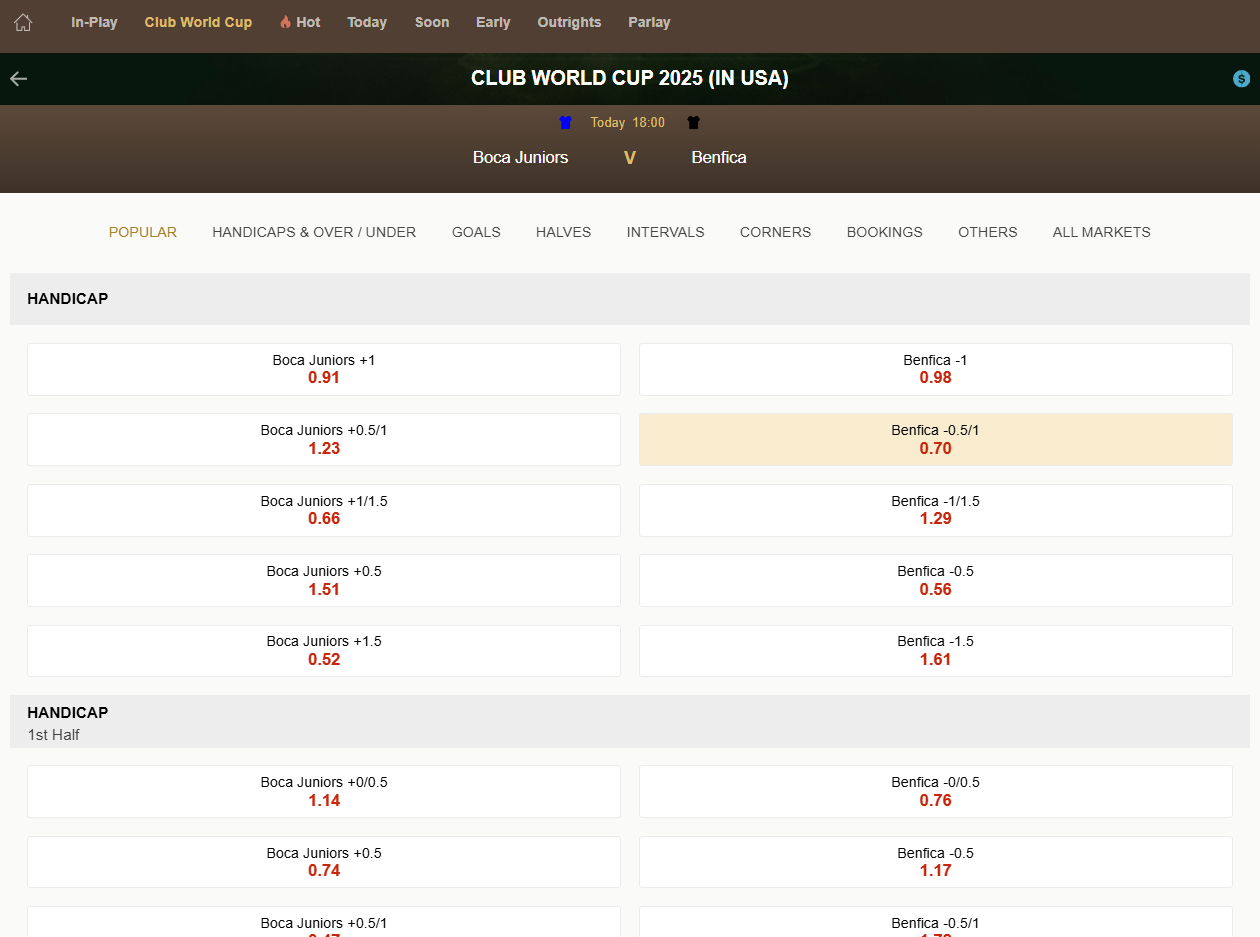Unlock Betting Success: Can Historical Data Really Predict Wins?
Tired of relying on gut feeling and random luck when placing your bets? What if I told you there’s a way to leverage the past to predict the future, at least when it comes to sports betting? That’s where historical data comes into play. But the big question is: can historical data *really* lead to betting success? Let’s dive in and find out!

Why Historical Data Matters in Betting
Think of it this way: every game, every match, every race leaves behind a trail of data. This data includes everything from team performance statistics to individual player stats, weather conditions, and even referee tendencies. Analyzing this historical data can reveal patterns, trends, and insights that are otherwise invisible to the naked eye.
Ignoring historical data is like trying to navigate a maze blindfolded. You *might* stumble upon the exit, but your chances are significantly improved if you have a map. In betting, historical data is that map, guiding you towards more informed and potentially profitable decisions.
What Kind of Historical Data Should You Be Looking At?
The specific data you’ll need depends on the sport and type of bet you’re making. However, some common and valuable data points include:
- Team/Player Performance: Wins, losses, goals scored, points per game, batting averages, etc.
- Head-to-Head Records: How teams or players have performed against each other in the past.
- Home/Away Performance: Performance at their home venue versus when they are away.
- Recent Form: Performance in the most recent games or matches.
- Injuries and Suspensions: Key player absences can significantly impact a team’s performance.
- Weather Conditions: Can affect performance in outdoor sports.
- Odds History: How odds have changed over time can reflect market sentiment and inform your decisions.
How to Use Historical Data Effectively
Collecting the data is only half the battle. You need to know how to analyze it effectively. Here are a few key strategies:
- Identify Trends: Look for recurring patterns in the data. For example, a team might consistently perform well at home against a particular opponent.
- Calculate Probabilities: Use the data to estimate the probability of different outcomes.
- Develop a Betting Model: Create a system that incorporates historical data to generate betting recommendations.
- Backtest Your Model: Evaluate the performance of your model using past data to see how it would have performed historically.
- Stay Updated: Continuously update your data with new information to ensure your model remains accurate.
The Pitfalls of Relying Solely on Historical Data
While historical data is a powerful tool, it’s important to remember that it’s not a crystal ball. There are limitations:
- Past Performance Doesn’t Guarantee Future Results: Unexpected events, such as injuries or coaching changes, can significantly alter a team’s performance.
- Data Can Be Misleading: Correlation does not equal causation. Just because two things happen together doesn’t mean one caused the other.
- Overfitting: Building a model that is too closely tailored to past data can lead to poor performance on new data.
Therefore, historical data should be used as one piece of the puzzle, alongside other factors like news updates, expert analysis, and your own judgment.
Is It Worth It?
Absolutely! While it requires effort and a strategic approach, leveraging historical data can significantly improve your betting odds and help you make more informed decisions. It’s about moving away from guesswork and towards a more data-driven approach.
What are your experiences with using historical data in betting? Share your thoughts and tips in the comments below! And don’t forget to like and share this post if you found it helpful!
Ready to take your betting game to the next level? Start exploring the wealth of historical data available and see how it can transform your results.